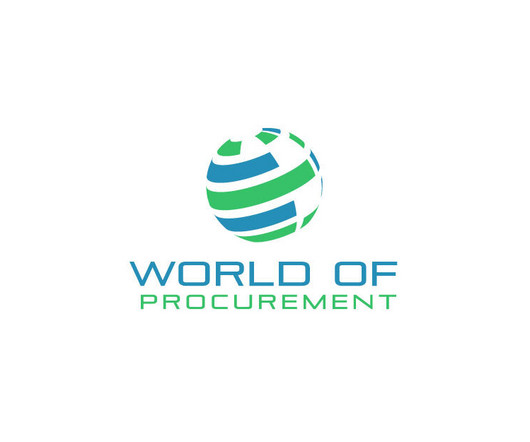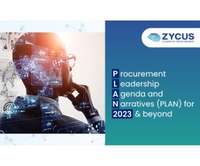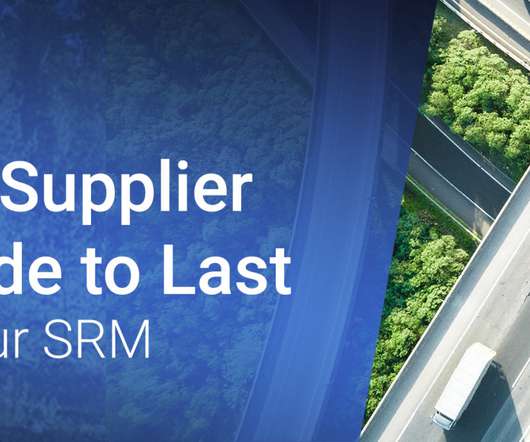Procurement 101: Your Essential Guide to Strategic Sourcing
World of Procurement blog
MAY 8, 2024
Procurement refers to the business processes involved in acquiring goods, services, and work from external suppliers. It involves identifying needs, sourcing potential vendors, obtaining quotes and proposals, negotiating contracts, selecting suppliers, managing relationships, and meeting obligations.













Let's personalize your content